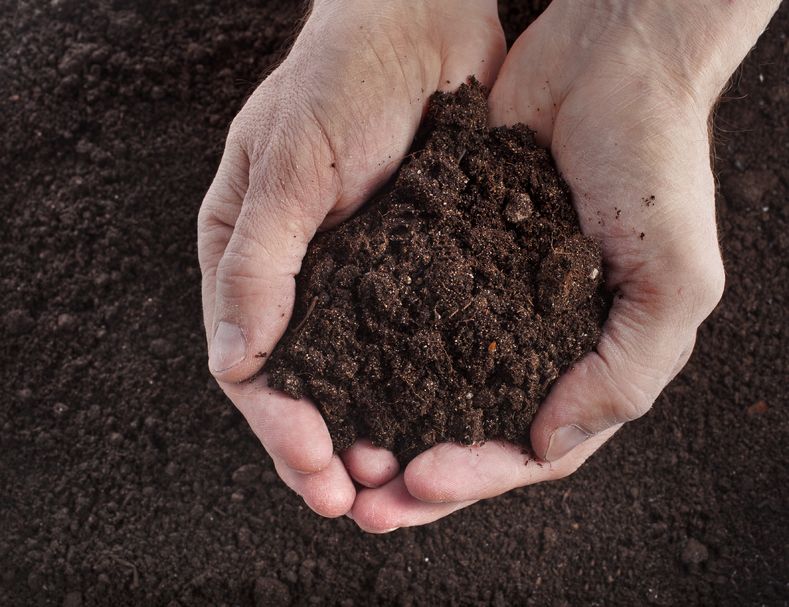
Agricultural waste will be collected to develop sustainable methods with the aim of improving soil quality and reducing CO2 emissions in the UK and Europe.
The project, titled the Horti-BlueC, has received €3,353,732 funding from the European Regional Development Fund, under the Interreg2Seas programme.
Interreg2Seas aims to increase the use of new circular economy solutions in the coastal areas of England, France, Belgium and the Netherlands.
The new Horti-BlueC project hopes to replace non-renewable horticultural resources, such as chemical fertilisers, pesticides, peat, coir and stonewool, with local and renewable agriculture, food and fisheries waste.
This waste can then be turned into bio-energy, biochar (charcoal that is used as a soil amendement which can hold carbon in soil for hundreds to thousands of years) and a biodegradable material called chitin to use as soil substrates and fertilisers.
The University of Portsmouth is playing a major role in the project. Professor Joan Farrer, Associate Dean at the university is Principal Investigator on the project. He said: “We want to create innovative cultivation methods and products that satisfy demanding environmental and health criteria set by customers.
“This includes CO2 reduction for global warming reduction, lower nutrient losses, lower pesticide residues and no human pathogens on fruits and vegetables.
“Through the stimulation of technological development and innovation, the aim is to boost innovation, in particular relative to maritime and horticultural activities, by adopting resource-efficiency solutions.”
As part of the Horti-BlueC project, the University of Portsmouth will receive €332,263 for cross-faculty research and funding for a PhD bursary.
In collaboration with commercial growers, researchers will investigate the role of chitin as a plant growth substrate.
